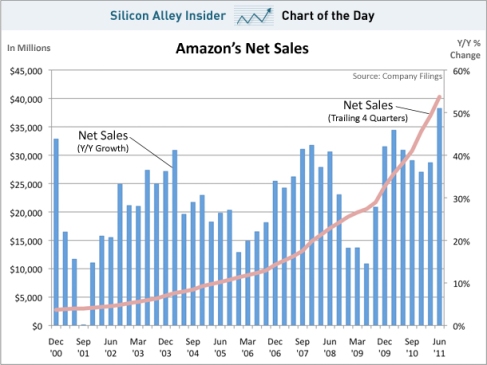The documentary ‘2057: The City of the Future’ is presented in a creative manner, aiming to illustrate the development of technology into the future. Integrating real scientific advancements and a fictional narrative of the ‘City of the Future’ in 2057, the documentary attempts to demonstrate the positives that can be linked with the development of technology, as well as the dangers in relying so heavily upon technology in the future.
What I found most interesting within this documentary was the real scientific developments it documented, such as; self driving cars and the development of robots. But what I found most intriguing about these developments in science was the fact that almost all the scientists noted how a computer is many, many levels below the human brain and it’s ability to face challenges. So this begs the question by creating these new technologies we aim to remove human error, but really by doing this are we just increasing the dependence upon technology and thus making society more susceptible to technological errors?
I did some further research into the potential technological developments of the future and found an interesting website, futuretimeline.net. This website like the documentary predicted future developments in the future, specifically for 2050-2059 the following ideas were listed:
‘2050-2059 timeline contents
2050 – Humanity is at a crossroads | Nearly half of the Amazon rainforest has been deforested | Wildfires have tripled in some regions | Smaller, safer, hi-tech automobiles | Major advances in air travel comfort |Continent-wide “supergrids” provide much of the world’s energy needs | China completes the largest water diversion project in history
2051 – An interstellar radio message arrives at Gliese 777 | Britain holds its centennial national exhibition
2053 – Moore’s Law reaches stunning new levels | Genetically engineered “designer babies” for the rich
2055 – Spaceflight has taken a leap forward | The vast majority of countries have achieved democracy |Global population is reaching a plateau | Traditional media have fragmented and diversified
2056 – Global average temperatures have risen by 3°C | Fully synthetic humans are becoming technically feasible
2057 – Computers reach another milestone | Handheld MRI scanners
2058 – The Beatles’ music catalogue enters the public domain | A radio telescope is built on the Moon
2059 – The end of the oil age | Mars has a permanent human presence by now’
(Source: Future Timeline 2012, 2050-2059 Timeline Contents)
This source alone in comparison with the documentary demonstrates that it proves very ambiguous to attempt to predict the future, as both sources presented different interpretations about how the future of technology and thus the world may look. Ultimately I think the documentary was aiming to highlight the infinite possibilities for technology in the future. Whilst also warning it’s audience that as a human society there is definite harm in relying too heavily upon technology to dictate all facets of our lives. I think this quote from PCWorld’s article ‘The Next 25 years in Tech’ highlights the weakness in attempting to prove the technological future, by drawing upon the past:
‘The future ain’t what it used to be. In the pre-PC era, futurists predicted huge changes in transportation. By 2008 we would be flitting about in personal jetpacks and taking vacations on the moon. But the communications revolution spurred by personal computers and the Internet wasn’t on anyone’s radar.’
(Source: PCWorld: ‘The Next 25 years in Tech’ 2008)
